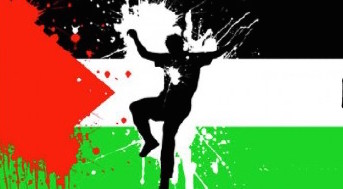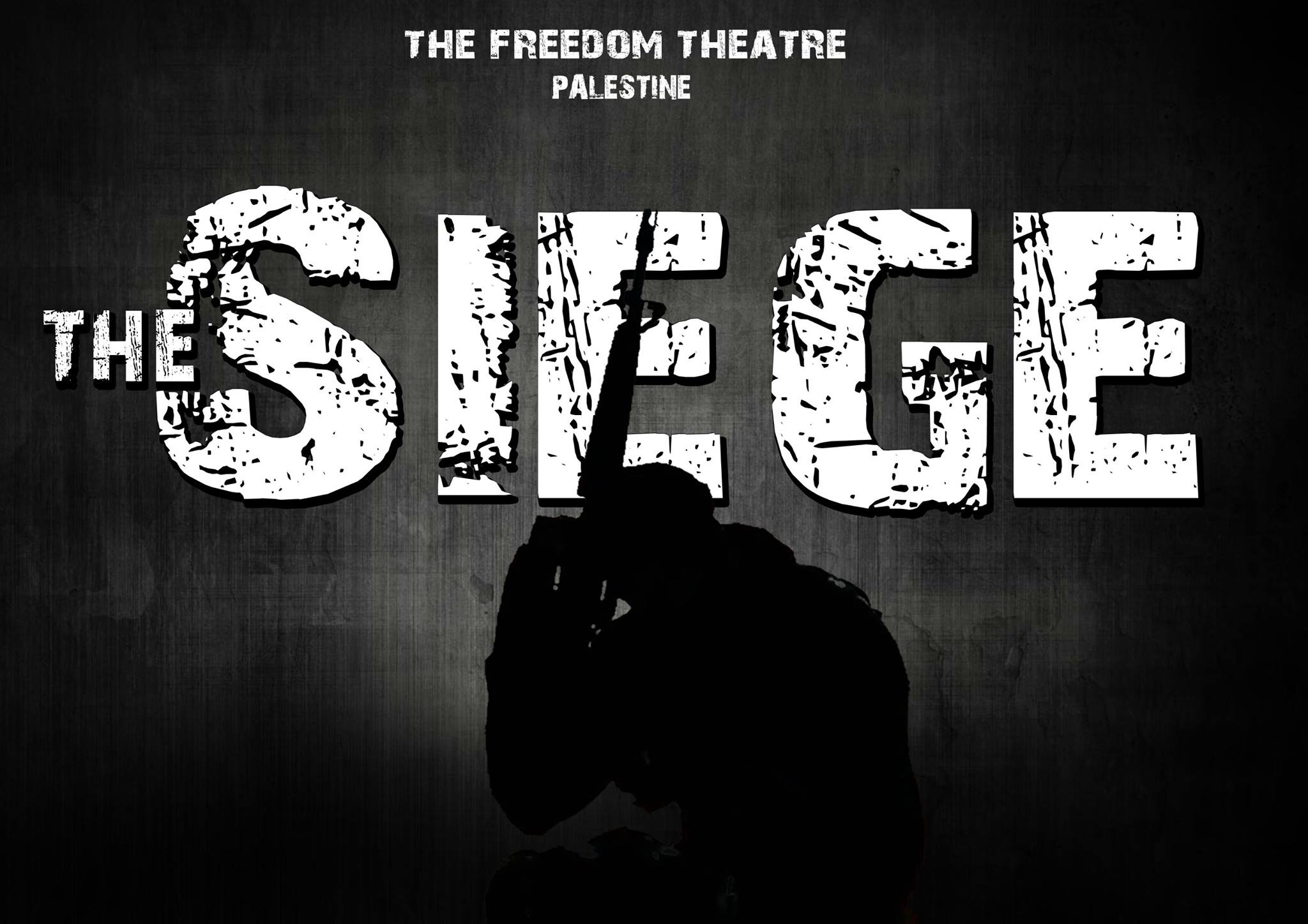Category: In the Media
-
Marianne heads for Gaza today!
10th May 2015 | Ship to Gaza | Gothenburg, Sweden Marianne of Gothenburg will leave her home port at 7 pm on the 10 of May. The trawler, which has been acquired by Ship to Gaza Sweden and Ship to Gaza Norway jointly, departs for a voyage of almost 5000 nautical miles to eastern Mediterranean and the blockaded…
-
Organisers of Pilsen 2015, don’t host Days of Jerusalem festival
30th April 2015 | International Solidarity Movement – support group | Czech Republic Prominent figures of Czech political and public life call on the organizers of Pilsen 2015 to step down as hosts of the Days of Jerusalem festival. The Days of Jerusalem festival is taking place in the city of Pilsen as part of the European Capital…
-
The Siege – cultural resistance in Palestine
20th April 2015 | Frida and Jenny | Jenin, Occupied Palestine The room was overflowing with people who had come to witness the opening of the play The Siege. Pushing our way through the throng we managed to find some seats, squashed in the middle of a diverse and lively audience. We were sitting in…



